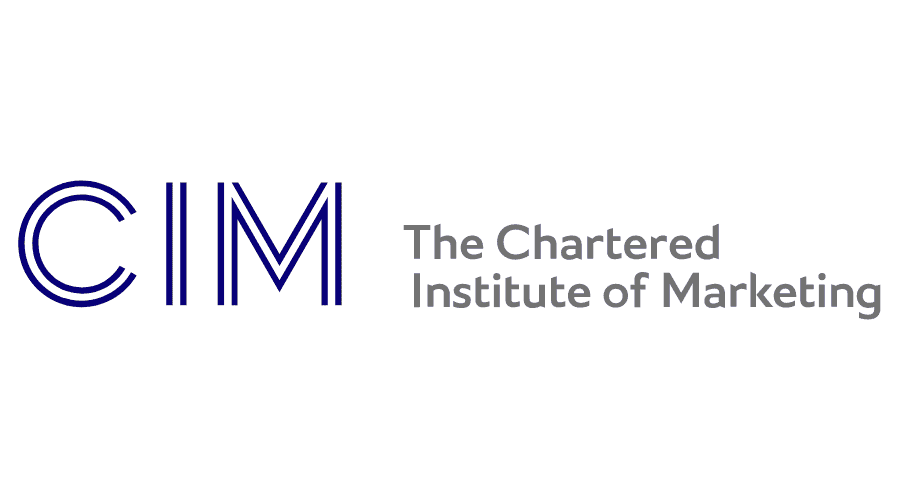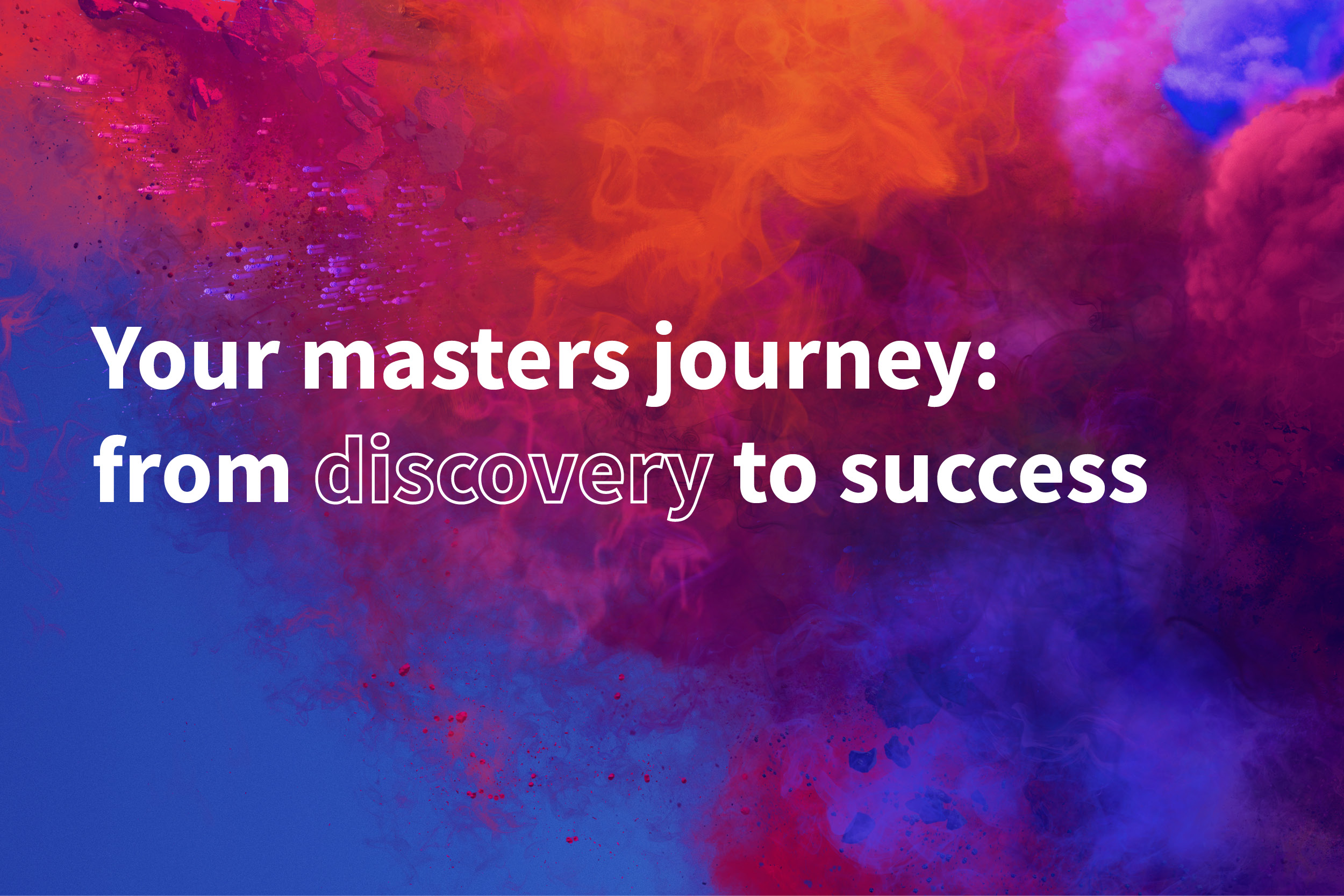Study options
- Starting in
- September 2025
- Location
- Mile End
- Fees
- Home: £15,250
Overseas: £33,500
EU/EEA/Swiss students
What you'll study
The compulsory modules aim to build foundational knowledge in marketing and consumer behaviour theories. Students will have the opportunity to gain the following broad skills:
- Ability to develop independent and critical insights into marketing concepts and digital communications.
- Ability to critically evaluate approaches to marketing and communication strategies through real world examples.
- Ability to assess the risks and opportunities for building relationships and consumer communities within the digital landscape.
- Learn to communicate effectively and with sensitivity to cultural or other relevant contextual factors, within global platforms.
Structure
- Seven compulsory modules
- Choose ONE elective (from four optional modules).
- Compulsory dissertation module
Compulsory/Core modules
This module will give you a basic introduction to research methods for marketing, starting with problem definition and question formulation, continuing onto selecting and designing appropriate research methodology and collecting data in various marketing circumstances, and finishing with essential data analysis with modern tools, and interpretation of that data. Finally, we will also work on essential tools for putting all of this together: how to communicate these ideas and findings to a broad audience in the form of a research report and oral presentation.
The dissertation forms an important part of the assessment of the MSc Marketing Programme, carrying a weighting of 60 credits. The dissertation involves demonstration of ability to execute a research plan and independent investigation. The investigation can rely on primary data collected by the student, on secondary data available in the literature, or a mix of both. The dissertation will reflect skills of formulating research questions, synthesising information and analysing data, drawing insights and conclusions, and written communication.
This module provides an outlook on marketing as a sub-discipline of management studies. It offers students (MSc in Management and Management and Organisational Innovation) a theoretical foundation of marketing concepts (e.g., consumer behaviour, pricing, product management, branding) and different ways that these concepts can be integrated within the broader field of management. Special emphasis is given to understanding practical implications of marketing and consumer behaviour theories.
The module provides salient theoretical and conceptual understanding of the changing nature of the politics of consumption, consuming communities and digital cultures emerging through the convergence of technologies in a global networked society/marketplace. The basis of the module is that the cultures of consumption are changing seismically through digital platforms and there is a need to examine the different cultural phenomena and trends which are shaping consumption patterns globally and in terms of specific cultural contexts. The module reviews examines IoT and the home, social media rituals, connected publics, digital cultures in the workplace, the virtues of the sharing economy, avatars, digital bodies, posthumanism, digital intimacies, global digital cultures including perspectives from the global south as well as netnography and digital visualization.
This module interrogates the economic, social and cultural opportunities presented by the digital and platformed economy and its affordances of big data. In specific terms it provides an overview of the opportunities, risks and ethical challenges of such an economy for organizations, marketers, societies and humanity.
This module examines networked and influencer marketing with the aim of understanding and applying key conceptual ideas to the platformed economy. These include the idea of celebrity endorsements, social influence and social capital as these transpire onto the platform economics.
This module will examine the cultural politics of advertising and consumption in relation to the perspective of cultural studies. It will provide a critical map of the field and bring together work on consumer culture in anthropology and sociology with work on media audiences within media studies and sociology.
The module will provide an appreciative overview of the digital communications landscape and how digital platforms and technologies have/are transformed(-ing) marketing communications and campaigns. Students will learn to leverage digital channels to create an integrated marketing campaign.
Elective modules
In this course, students will learn the art and science of storytelling as a strategic and tactical language of brand communication to break the information clutter and inform, connect, inspire, persuade and engage the consumers. Storytelling in the digital age fosters brand-consumer conversation, co-creating deeper symbolic meaning and brand tribes.
This module takes a critical approach to Brand Management, reviewing key concepts through case studies. In so doing, it approaches the field of branding through global and comparative perspectives while interrograting key concepts through intercultural vantage points.
This module is designed to expose students to the latest advancements in sustainability issues and research in the marketing discipline. The module will cover the roots of sustainability marketing as a field of research, and introduce the range of research on sustainability, from the theoretical to the empirical, and from the classic to the current. The core of this module will be boosting students' ability to integrate sustainability into the theory and practice of marketing. Readings in each session incorporate theoretical and empirical studies, giving students an opportunity to explore different ways of pursuing answers to current sustainability, CSR and ethical challenges.
Please note that all modules are subject to change.
Assessment
Learning outcomes are assessed using a mix of coursework, essays, projects, presentations and, in some cases, exams. There will be variation across modules, and some are wholly examined by coursework. Teaching staff will aim to provide students with constructive feedback on assessments.
Dissertation
Compulsory 10,000 word dissertation.
Teaching
The teaching team is comprised of Teaching and Research and Teaching and Scholarship staff, complemented where relevant by visiting lecturers with professional expertise in sectors such as communications, advertising and public relations. Students will benefit from this mix of expertise, gaining insights from research, scholarship and industry.
Students typically have 3 contact hours per week in each module. Within these three hours, each module has its own pattern of lectures, seminars/classes and other activities. Students could take part in a range of different teaching and learning activities, including one-to-one tutorials, guest lectures, simulation game(s), computer-lab based activities, group-work, independent studies, research projects and team learning.
Where you'll learn
Facilities
- ThinkPod interactive collaboration space with presentation, recording and video conferencing facilities.
- Media suite with industry-standard design and editing software (QUBE).
- Brand new Graduate Centre, offering purpose-built study spaces and an exclusive rooftop common room.
- 24-hour library on campus.
Campus
Teaching is based at Queen Mary’s Mile End campus, one of the largest self-contained residential campuses in the capital. Our location in the heart of London’s East End offers a rich cultural environment.
We have invested £105m in new facilities over the past five years, to offer our students an exceptional learning environment. Recent developments include the £39m Graduate Centre, providing 7,700 square metres of learning and teaching space.
The campus is 15 minutes from Central London by tube, where you will have access to many of the University of London’s facilities, such as the Senate House library.

About the School
School of Business and Management
The School of Business and Management has a reputation as a socially engaged management school, with an innovative, multidisciplinary, mindful and responsible approach. We invite our students to ask incisive questions, to challenge their assumptions, and to search for solutions to real-world challenges.
We ensure students experience innovative and engaging educational pathways, alongside supportive staff and excellent research facilities.
The School is accredited by the Association to Advance Collegiate Schools of Business (AACSB), which ensures that the highest standards of excellence in teaching, research, curriculum, and learner success are met.
In the most recent Research Excellence Framework (REF 2021), the School of Business and Management dramatically moved up the Times Higher Education rankings. Among 108 UK business schools, the School now ranks:
- 22nd for overall research quality (up from 39th in REF2014)
- 28th for research outputs (up from 34th)
- 12th for research impact (up from 24th)
- 21st for research environment (up from 59th)
Queen Mary is also part of the Russell Group - a body of leading UK universities dedicated to research and teaching excellence.
Career paths
This programme is suitable for individuals who are looking to work in marketing, internal or external communications, social media, public relations, and advertising roles, in commercial or non-commercial sectors.
Fees and funding
Full-time study
September 2025 | 1 year
- Home: £15,250
- Overseas: £33,500
EU/EEA/Swiss students
Conditional deposit
Home: Not applicable
Overseas: £2000
Information about deposits
Queen Mary alumni can get a £1000, 10% or 20% discount on their fees depending on the programme of study. Find out more about the Alumni Loyalty Award
Funding
There are a number of ways you can fund your postgraduate degree.
- Scholarships and bursaries
- Postgraduate loans (UK students)
- Country-specific scholarships for international students
Our Advice and Counselling service offers specialist support on financial issues, which you can access as soon as you apply for a place at Queen Mary. Before you apply, you can access our funding guides and advice on managing your money:
Entry requirements
UK
Degree requirements
A 2:1 or above at undergraduate level in any subject.
Find out more about how to apply for our postgraduate taught courses.
International
English language requirements
The English language requirements for our programmes are indicated by English bands, and therefore the specific test and score acceptable is based on the band assigned to the academic department within which your chosen course of study is administered. Note that for some academic departments there are programmes with non-standard English language requirements.
The English Language requirements for entry to postgraduate taught in the School of Business and Management falls within the following English band:
Band 4: IELTS (Academic) minimum score 6.5 overall with 6.0 in each of Writing, Listening, Reading and Speaking
We accept a range of English tests and qualifications categorised in our English bands for you to demonstrate your level of English Language proficiency. See all accepted English tests that we deem equivalent to these IELTS scores.
Visas and immigration
Find out how to apply for a student visa.



